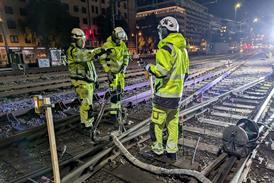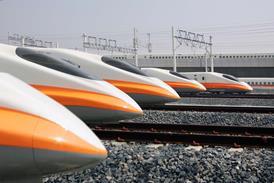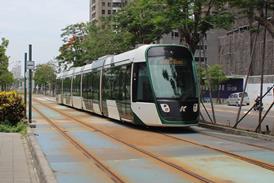BART board approves CBTC, connectivity and security programmes
By Metro Report International2020-01-10T14:04:00

USA: The award of a $798m contract for Hitachi Rail STS USA to roll out communications-based train control on the San Francisco Bay Area’s BART metro network was approved by the operator’s board on January 9, along with projects to improve passenger connectivity and deploy security staff.
Already have an account? LOG IN
To continue…
You’ve reached your limit of content for the month
Get enhanced access to Railway Gazette news and weekly newsletters.

For almost 200 years, the Railway Gazette Group has been the leading provider of news, analysis and intelligence for the international railway industry. Our independent and authoritative content is read by operators, regulators and the supply industry in over 140 countries using a variety of tailored subscription packages.
Site powered by Webvision Cloud



